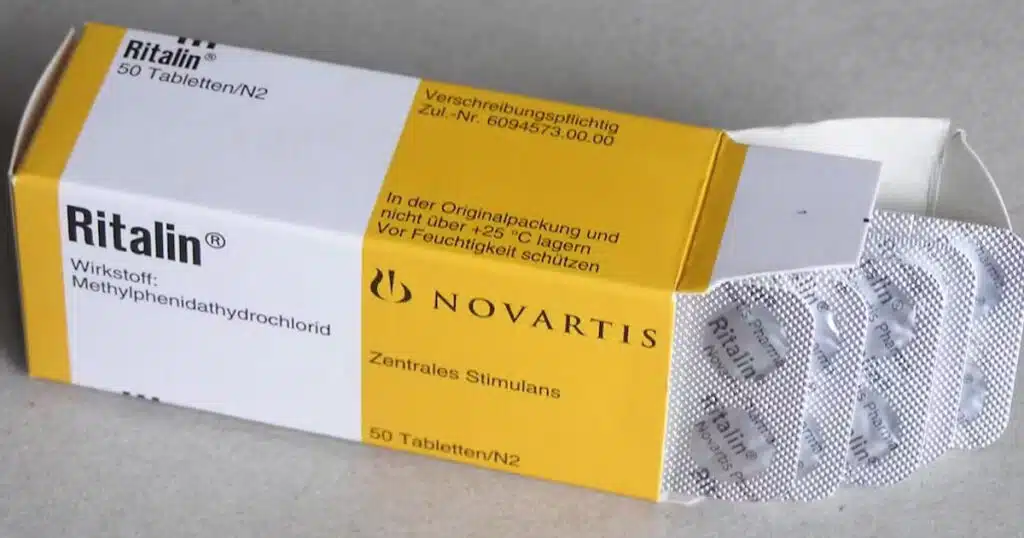
Has The Medical Community Destroyed A Generation With Drugs Using ADHD As An Excuse?
The New York Times Magazine has just published a lengthy article entitled, quote: “Have We Been Thinking About A.D.H.D. All Wrong?” This article is not based on any new discovery in the field of ADHD. There hasn’t been any groundbreaking research. It’s just a collection of existing studies—some dating back over a decade—along with testimony from researchers who were once leading voices promoting ADHD medications. Now, after thinking about things for a while, they admit they were completely wrong.
The article opens with researcher James Swanson, who conducted a famous 1990s experiment tracking three groups of students: one received drugs for ADHD, one received “behavioral training,” and one received no treatment. After a year, the Ritalin group seemed to perform better, and this was sold as proof that the drug works and ADHD is real. Swanson and others became highly-paid pharma consultants. This was all despite the fact that even if the drugs helped behavior, that doesn’t prove a disorder exists—steroids improve athletic performance, but that doesn’t mean lack of athletic skill is a disorder. And as the Times now admits, even that supposed improvement disappeared by 36 months, when all groups showed the same symptoms. Swanson, now 80, openly admits the narrative was false and says, quote: “There are things about the way we do this work… that just are definitely wrong.”
Other “top scientists” are walking back their claims too. In 2017, Dutch neuroscientist Martine Hoogman declared her “high-powered analysis” proved ADHD is a brain disorder. But now she says the data actually showed that brain volumes of people with and without ADHD are “almost identical.” She admits it was wrong to conclude ADHD is a brain disorder and says, quote: “The A.D.H.D. neurobiology is so much more complex than that.” So, the researchers once held up as proof that ADHD is real are now disowning their own studies—yet those same studies are still cited to support the diagnosis.



